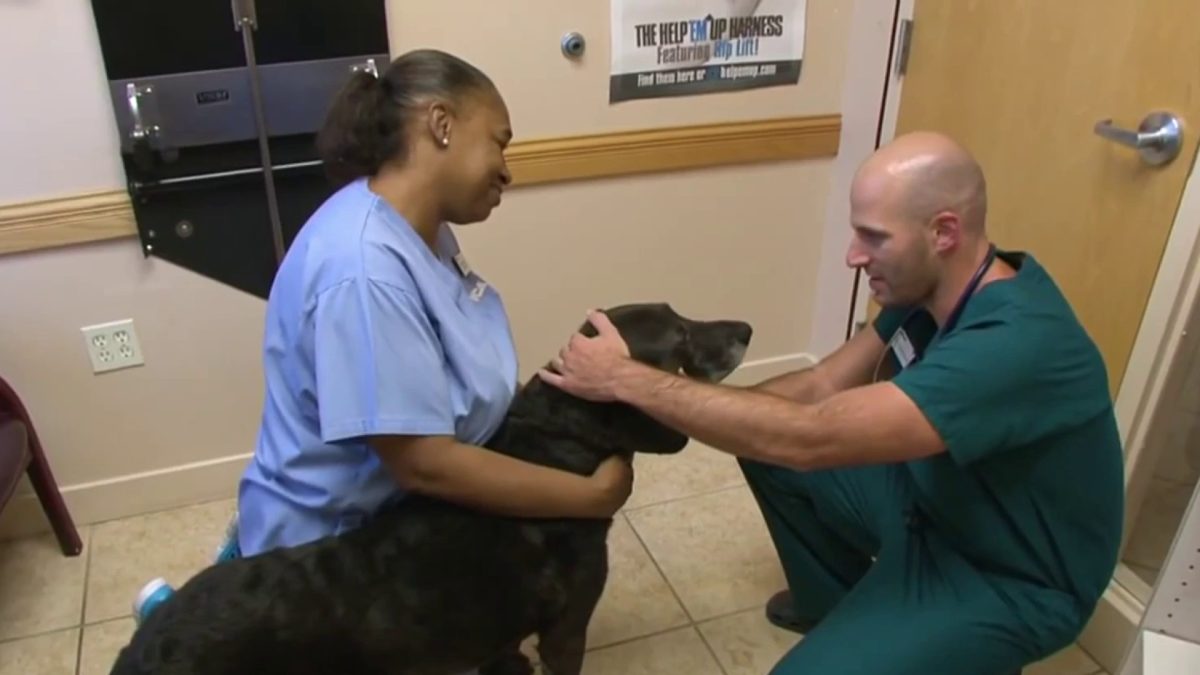A nor’easter is headed our way, with up to 6 inches of rain possible from that storm.
So what should you do -- now -- to stay safe and dry?
“Being prepared for an emergency -- before one strikes -- is the best thing you can do to protect your family or your business,” said Alexandria City Manager Mark Jinks. “That means having three days of food, water, and medicine available and making a plan for what to do if you can’t travel safely. Even if we don’t get all the weather the forecast says is possible for a given storm, it’s always best to be prepared.”
So we talked to emergency preparedness officials for their top 10 tips -- that you can still get done today:
For everyone:
1. Know your risk. Are you in an area prone to flooding? You can check on the Federal Emergency Management Agency's flood map page. If you -- or your friends or family -- live near the coast, check to see if you are in a hurricane evacuation zone (Ready.gov has a link to a list.) Either one raises your risk for water damage.
2. Follow the experts. Sign up for emergency alerts from Ready.gov and from your state and local emergency management departments. Alerts are usually available on all wireless carriers and online. And NBC Washington has an app that will send you alerts for any local weather warnings -- as well as stream News4 and Storm Team4 on your phone. Download it for iPhones, iPads and Android devices here.
Local
Washington, D.C., Maryland and Virginia local news, events and information
And while we are at it -- add your utility company's emergency number to the contacts in your cell phone.
3. Prepare an emergency kit. Here are some suggestions for what to include:
- One gallon of water per person per day for at least three days, for drinking and sanitation
- Food, at least a three-day supply of non-perishable food
- Battery-powered or hand crank radio
- Flashlight, with extra batteries
- Wrench or pliers to turn off utilities
- First aid kit
- Manual can opener for food
- Cell phone with chargers, inverter or solar charger
- Prescription medications and glasses
- Baby food and supplies if needed; pet food and extra water if needed
- Cash or traveler's checks and change
- Important family documents such as copies of insurance policies, identification and bank account records in a waterproof, portable container.
4. Anticipate road closures: Map out alternate routes in case of road closures. Check in regularly with the NBC4 Traffic Map to prepare for the latest traffic problems. And fill your gas tank, while you are at it.
5. Stay alert for scams: Several state governments warned that emergencies can also bring out scam artists and price gougers. State law in Virginia prohibits a supplier from charging "unconscionable prices" for necessary goods and services during the thirty days following a declared state of emergency. And Manassas City Police reminded its residents to be wary of unsolicited landscaping or home repair services offered by door-to-door sales people during or after the storm.
6. Make sure storm drains are clear: To ensure efficient water drainage, make sure storm drains are clean, especially if your street is susceptible to flooding. If you need to report a blocked public drain, contact your local department of public works.
For homeowners:
7. Put on that raincoat and clear gutters and downspouts. You should usually keep your gutters and drains free of leaves and debris, but if you've been a little lax, check them now. Clear gutters ensure efficient water flow and help direct water away from your foundation (and basement).
8. Check sump pumps: Have a sump pump? Confirm that it's working correctly. Consider installing a battery-operated backup to use in the case of power outages and purchasing a water alarm to be immediately alerted if flooding occurs.
9. Move valuables: Make sure furniture, special documents and other valuables stay dry by moving them to higher locations in your home. Bring outdoor items, including grills and trash cans, inside or secure them from toppling over.
10. Pick up sandbags: Sandbags will help to redirect water and debris when properly placed. Several local governments, including D.C., are handing out sandbags Friday. In Virginia, the city of Alexandria will give out sandbags to residents Friday from 9 a.m. to 5 p.m. at the intersection of King and Lee Streets and from 9 a.m. to 9 p.m. at 133 S. Quaker Lane.



